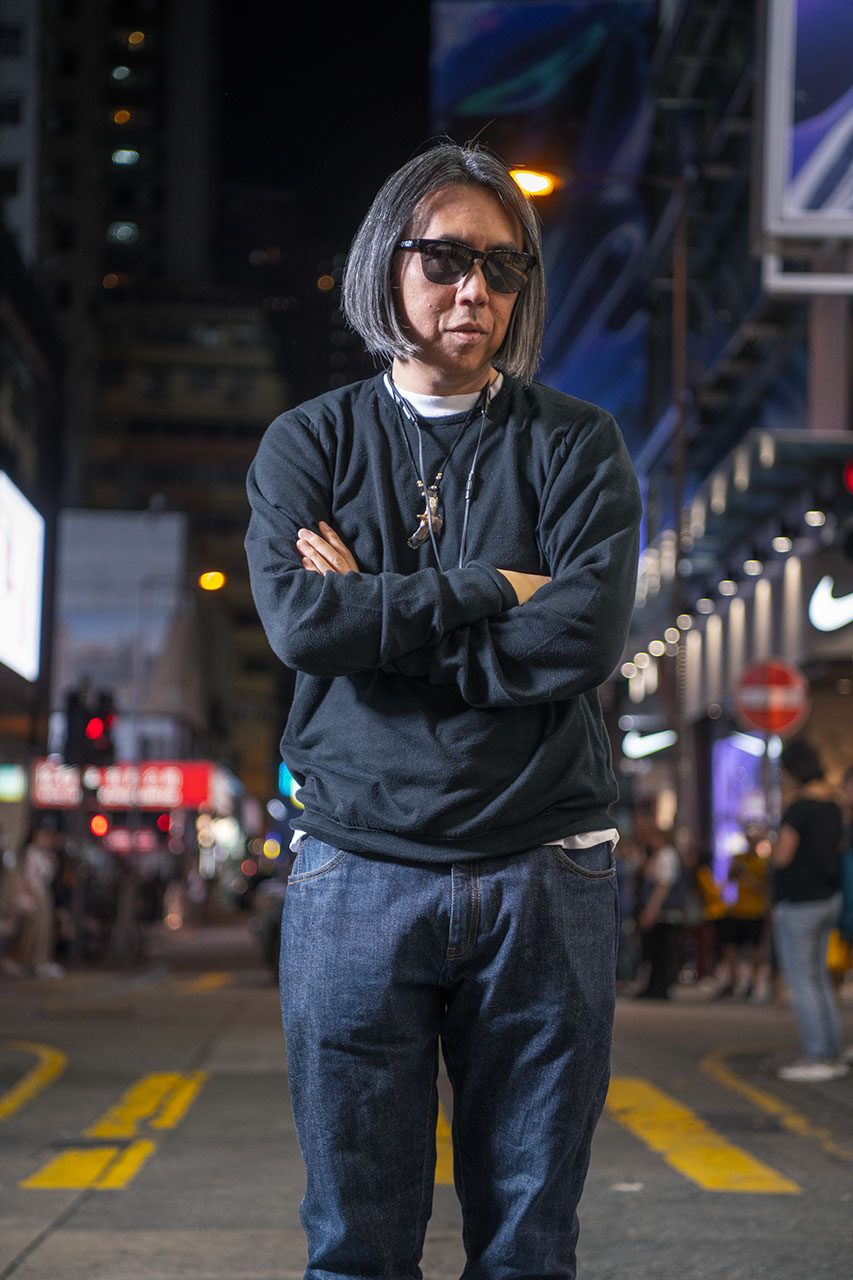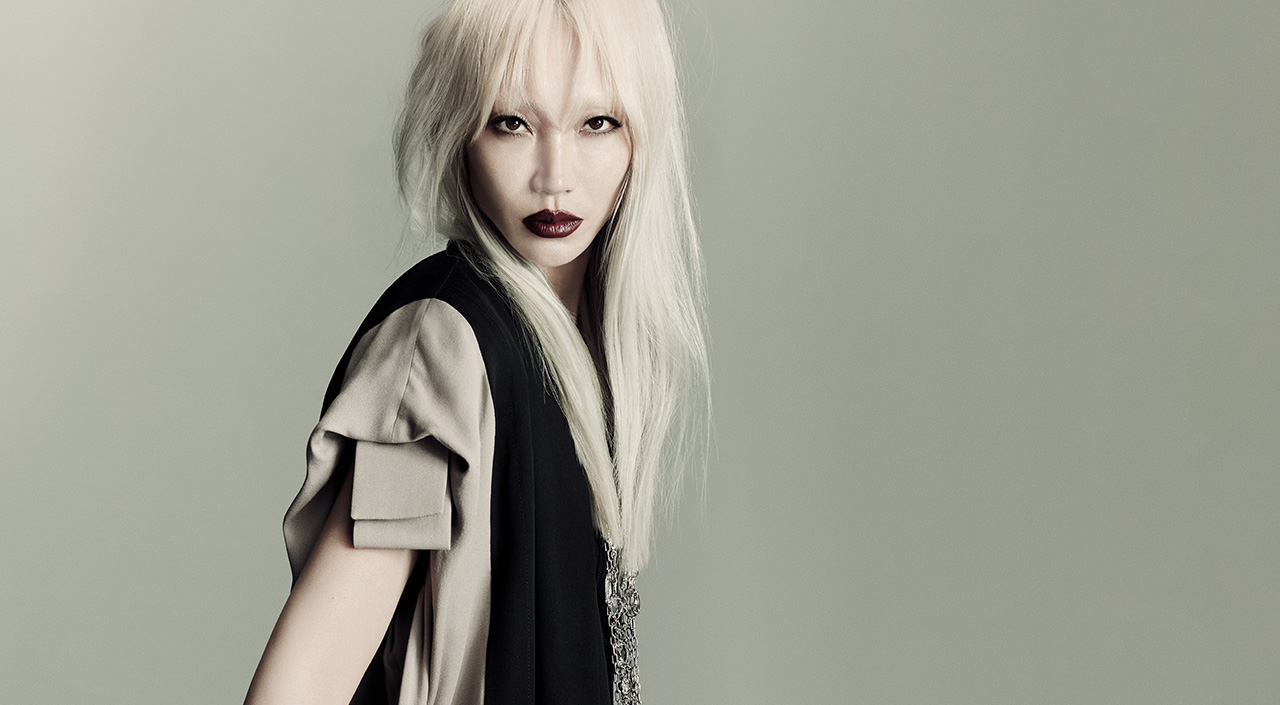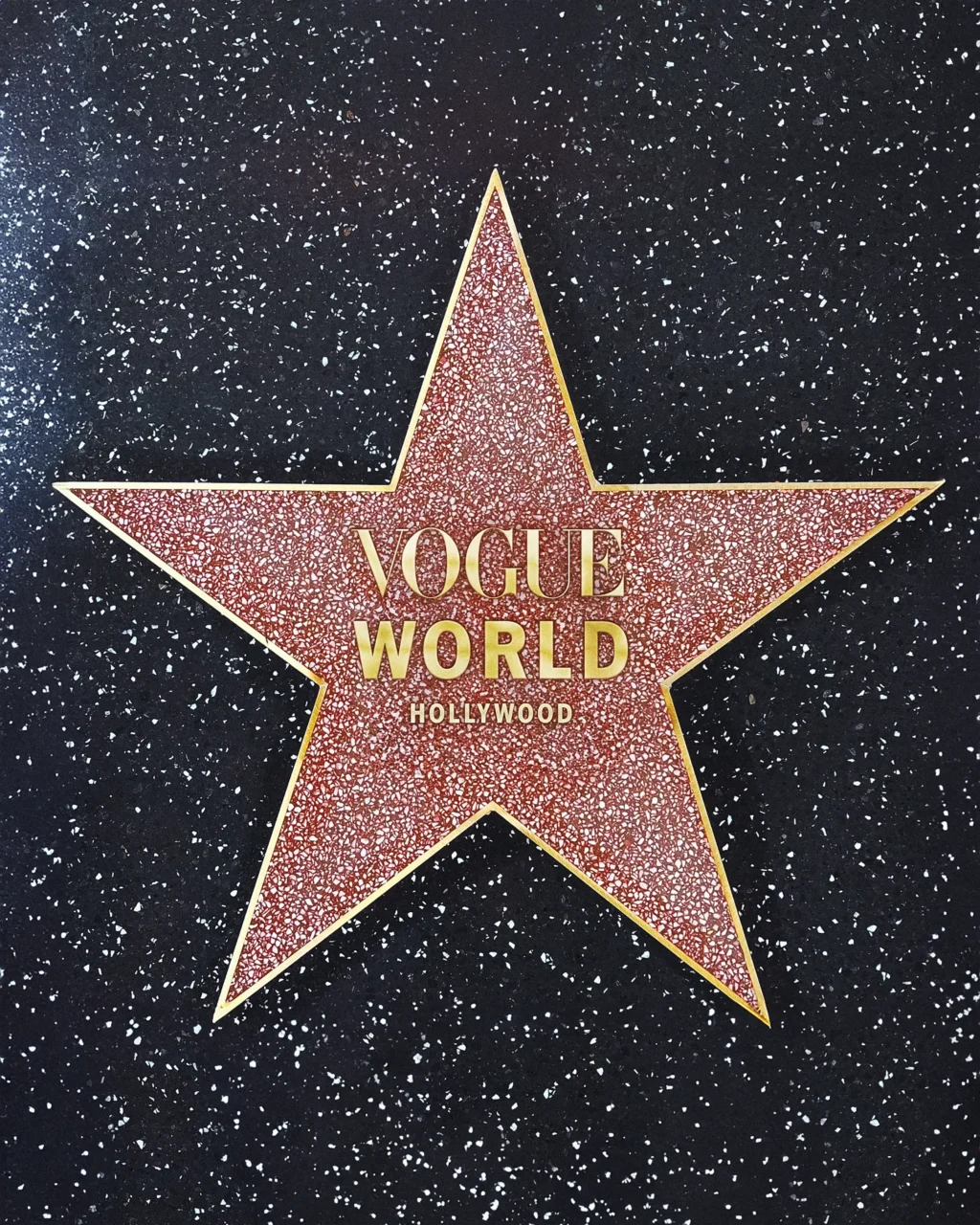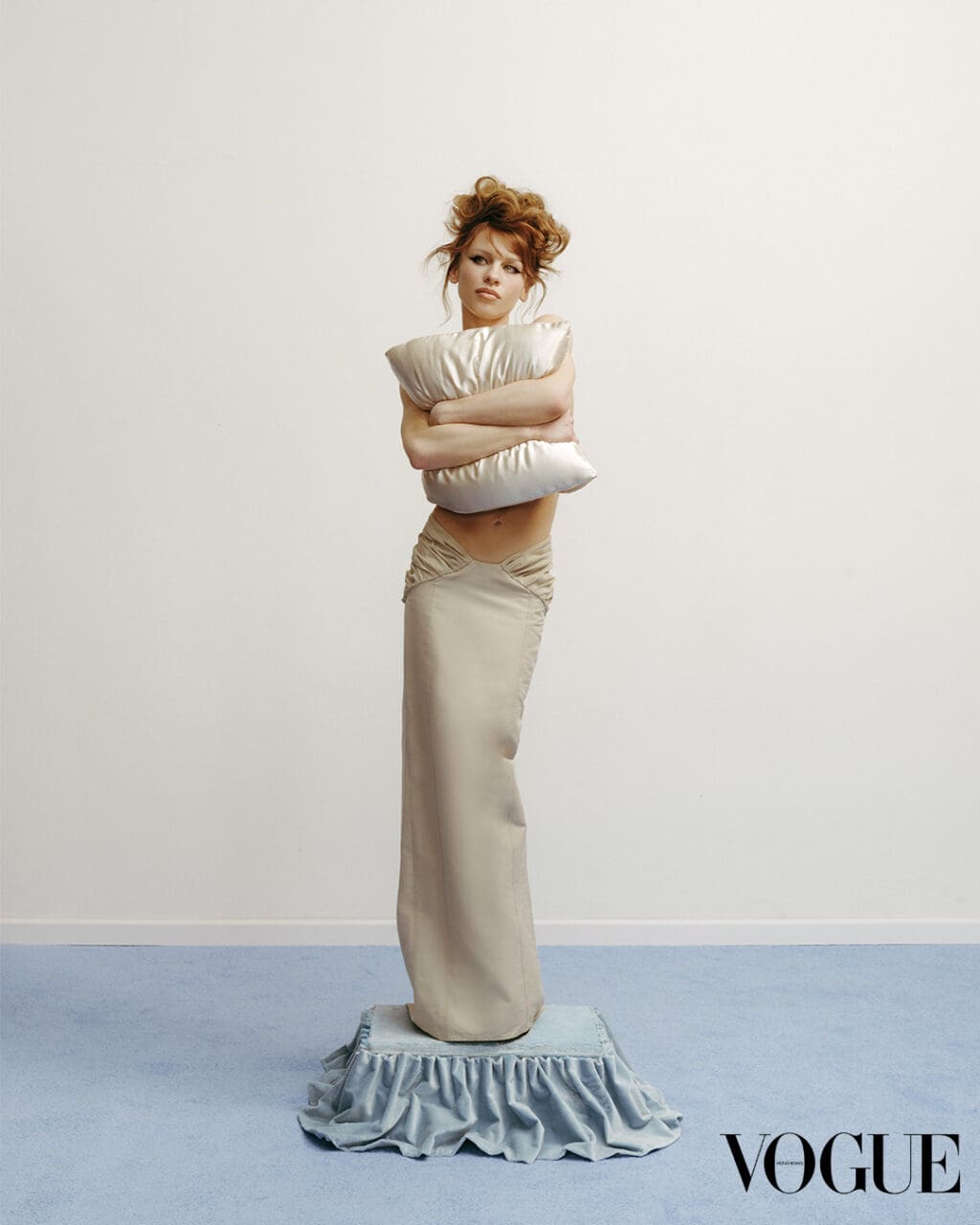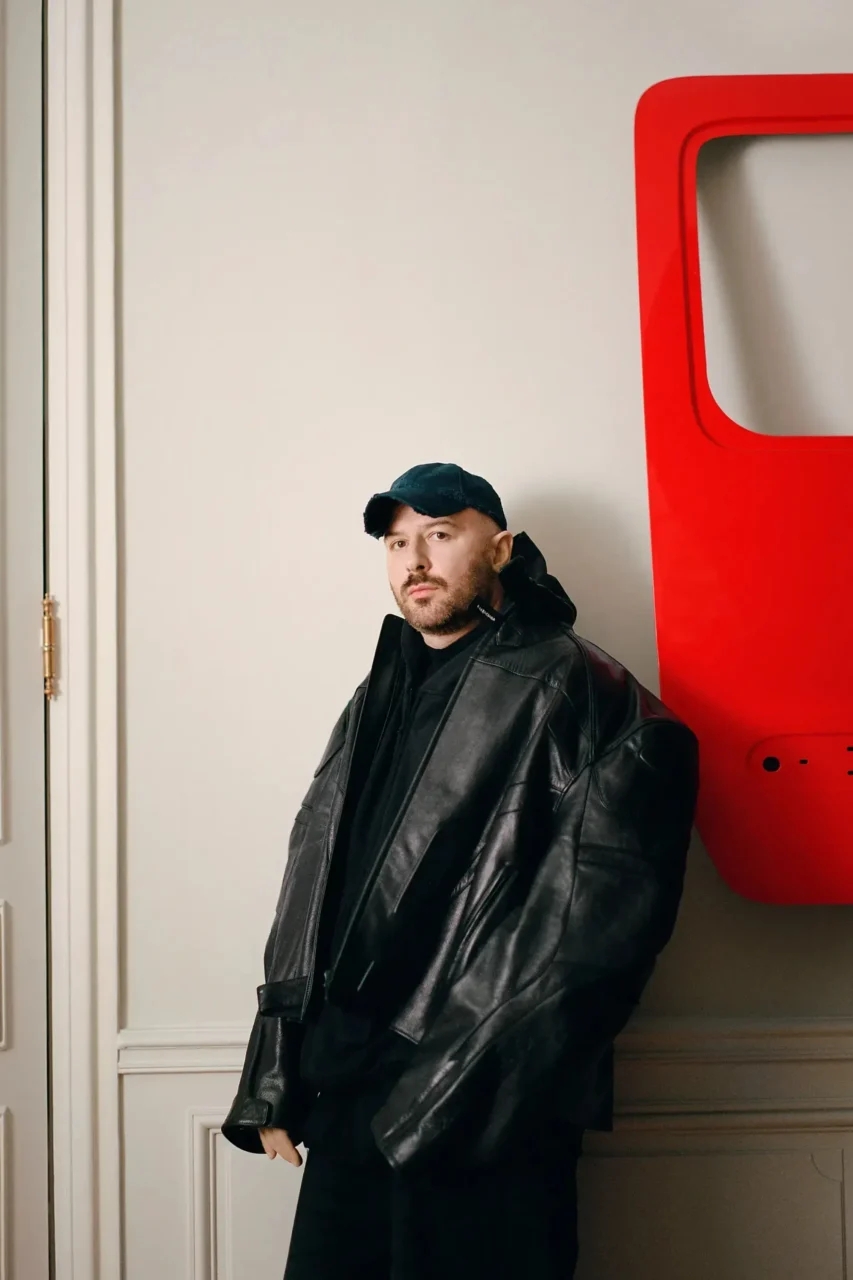There’s no easy way to summarise Hiroshi Fujiwara’s impact on Japanese street culture and fashion, so large is his influence and creative output. Widely hailed as the ‘Godfather of Streetwear,’ Fujiwara is responsible for nurturing the careers of many of today’s giants in Japanese fashion, from UNDERCOVER‘s Jun Takahashi to A Bathing Ape founder Nigo. That’s not to mention his hand in creating some of the most influential labels in the early Japanese streetwear of the ’80s and ’90s, such as Goodenough and Uniform Experiment, as well as being the driving force behind sold-out collaborations with the likes of Levi’s.
Currently, he heads Fragment Design, a creative outfit that exists only in collaboration with brands like BVLGARI, Beats by Dr. Dre, and Moncler as part of its groundbreaking Genius line. His latest partnership, with Nike CEO Mark Parker and legendary sneaker designer Tinker Hatfield, is called HTM (the combined acronyms of their first names).
Safe to say, Fujiwara’s reputation precedes him. Vogue caught up with the maestro for his thoughts on the art of collaboration, women’s sneakers, and making space for the next generation.
How do you think new technologies like 3D printing will change the way we shop?
I think it won’t really change anything. It’s one way you can go about things, but people always want to invest in interesting stuff. People want what other people are wearing, what’s in the magazines. They don’t want to customise. Maybe only a few people, but not everyone.
In other words, collaborations will still be king.
Not only collaborations, but product itself will be strong. It’s not only for [people’s] own customisation. If Nike makes a good product in a good colour, they just want to buy that one. They don’t want to create their own colour. Some people want to change the colour to their own liking, but some people want to have it as it is.
How do you see the future direction of women’s sneakers?
Many women like wearing sneakers. I mean, if you start wearing sneakers, you don’t really want to go back to before. They’re too comfortable. Sometimes I still wear Red Wing boots but still, sneakers are the most comfortable. I don’t think [the increase in women’s sneakers] has anything to do with gender equality. Just as a product, sneakers are good for human beings, not only for boys.
You were heavily influenced by punk music and culture when you were young, and you had to travel to London just to be exposed to it. Do you think someone growing up in today’s digital age has the same opportunity for that level of total inspiration?
Yeah, I think so. Culture is never the same, always changing. If punk happened now it wouldn’t be as interesting as it was [back then]. There must be something really interesting now but I don’t know it. Maybe the kids will know. Maybe I don’t think it’s interesting but the kids will. Maybe I’m not supposed to know what’s going on. It’s their thing. When I was a teenager, I thought all the old people were kind of rubbish. They didn’t understand what’s going on. So there must be things that I don’t understand that’s great. I’m just looking from afar.
Does that mean you are planning to step back in some form from creating?
Well, I just do what I wanna do. It’s not really negative – like I’m retiring or cutting back. It’s not. It’s just cutting back from what’s going on in youth culture. Sometimes young kids need to do their own thing. They don’t ask to talk about things so we should just let them go, which is beautiful, but I do what I have to do.
Editor
Gavin YeungCredit
Photography: Calvin Sit